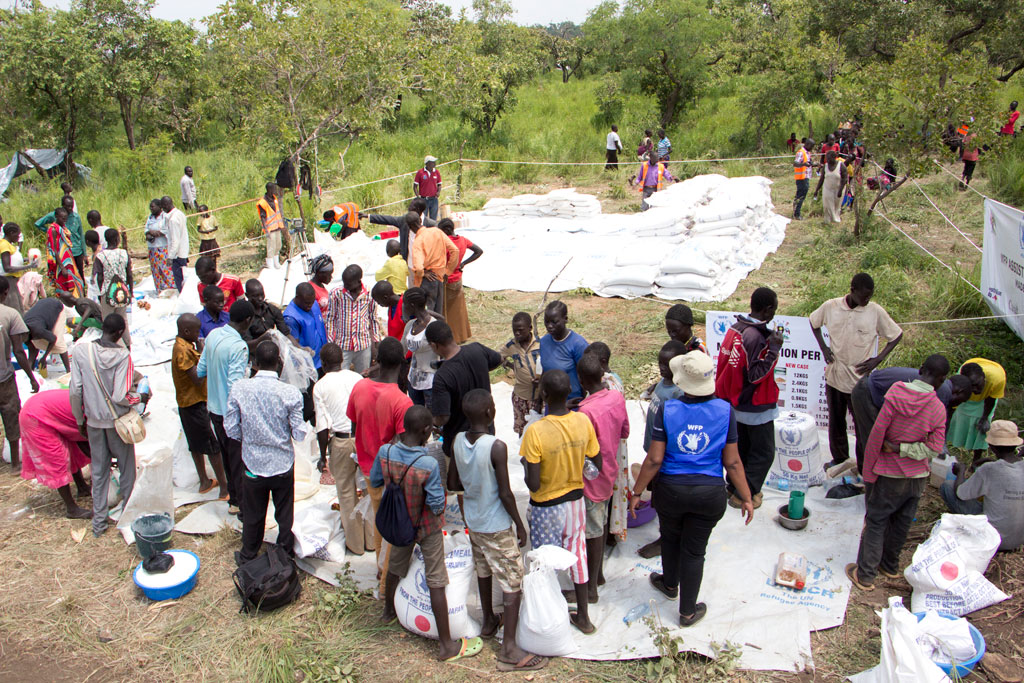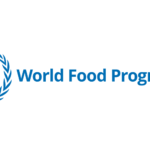The United States is providing more than $82 million in new humanitarian assistance in Uganda through the U.S. Agency for International Development (USAID) and the U.S. Department of State. This funding will help to meet the emergency needs of the people of Uganda, exacerbated by a global food crisis and regional conflict.
This additional funding, composed of $21 million in emergency food aid provided through USAID and more than $61 million in humanitarian assistance through the State Department’s Bureau of Population, Refugees and Migration (PRM) to respond to the humanitarian needs of refugees, internally displaced persons, and people affected by food shortages and conflict in Uganda and the region.
A confluence of crises has pushed many Ugandans towards a hunger crisis. Food prices–already high as a result of the COVID-19 pandemic have soared even higher due to Russia’s war against Ukraine, putting families at risk of starvation.
Additionally, Uganda hosts more than 1.5 million refugees fleeing conflict in neighboring countries, particularly the Democratic Republic of the Congo and South Sudan — making it the top refugee-hosting country in Africa. Most refugees in Uganda rely on humanitarian food assistance to meet their daily needs.
Today’s USAID funding through the UN World Food Programme (WFP) will reach 1.4 million refugees with monthly portions of beans, maize grain, and vegetable oil; and cash for purchasing food staples from local markets, as well as provide newly arrived refugees with hot meals at transit and reception centers.
USAID’s funding also supports communities in Uganda’s Karamoja Sub-Region, which is experiencing a harsh drought on the heels of damaging floods and landslides last year that took a crushing toll on many in the region.
More than half a million people in Karamoja are going hungry, and more than half of all children are severely malnourished and in need of urgent nutrition assistance in the worst-affected areas. In response, USAID partner WFP will provide emergency food and nutrition assistance to more than 83,000 people in the region. This includes providing Super Cereal Plus and Ready to Use Supplemental Food — designed to prevent and treat malnutrition in children, as well as pregnant and lactating women.
Funding through the Department of State, PRM, will include nearly $61 million to the United Nations Refugee Agency and $41 million to other programs supporting essential services such as health, education, protection, and income-generating activities for refugees, asylum seekers, and other vulnerable persons hosted in Uganda. This additional assistance will provide lifesaving services to both protracted refugees and the growing number of new arrivals. Since the start of 2022, Uganda has received over 70,000 new refugee arrivals from the Democratic Republic of Congo and South Sudan.
The U.S. remains the largest humanitarian donor to the refugee response in Uganda, with this new announcement bringing U.S. funding to nearly $170 million in Fiscal Year 2022 alone. A portion of today’s funding for Uganda is part of the $2 billion in USAID humanitarian assistance announced by President Biden on June 27 and is included in the Ukraine supplemental. It is immediately being programmed in Fiscal Year 2022 to address the most dire impacts of the global food security crisis through direct food assistance and related health, nutrition, protection, and water, sanitation, and hygiene services in countries with high levels of acute food insecurity, reliance on Russian and Ukrainian imports, and vulnerability to price shocks. This is in addition to USAID’s ongoing commitment to strengthening Uganda’s resilience and food systems in the face of global shocks.








